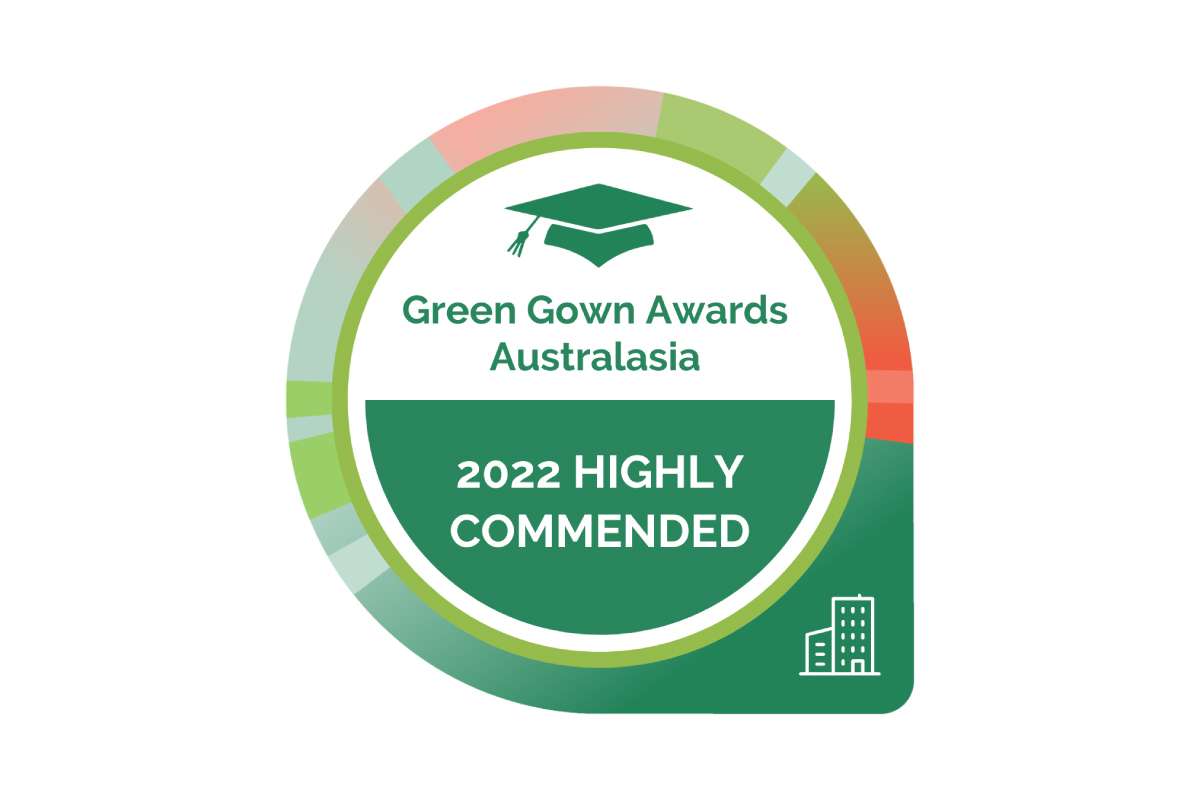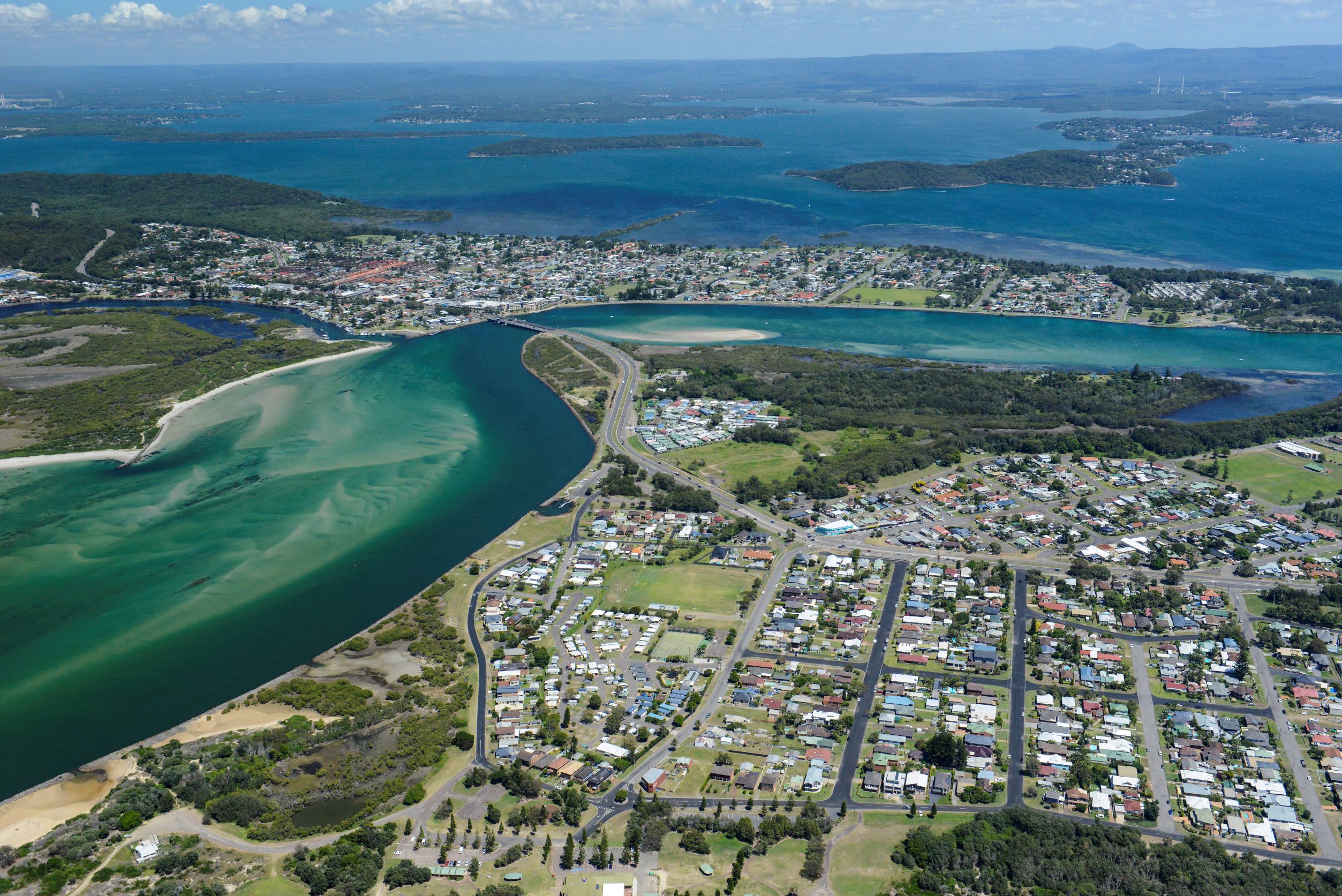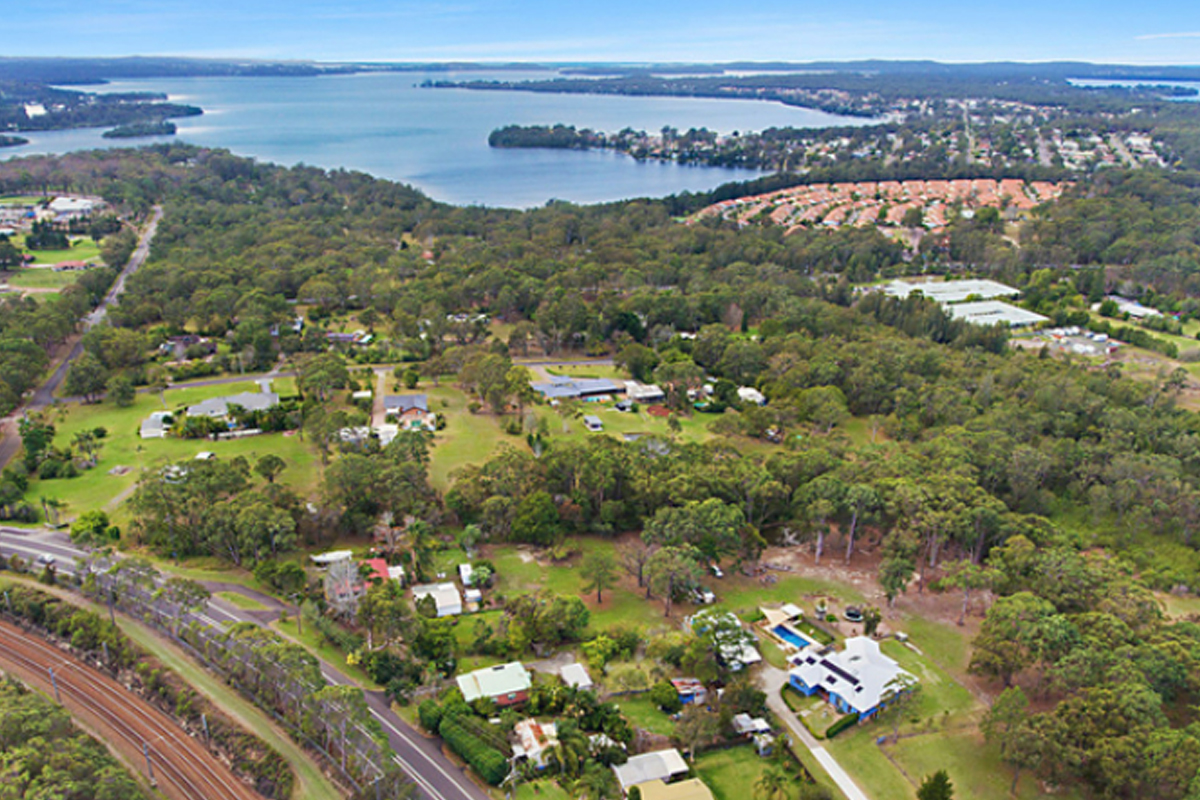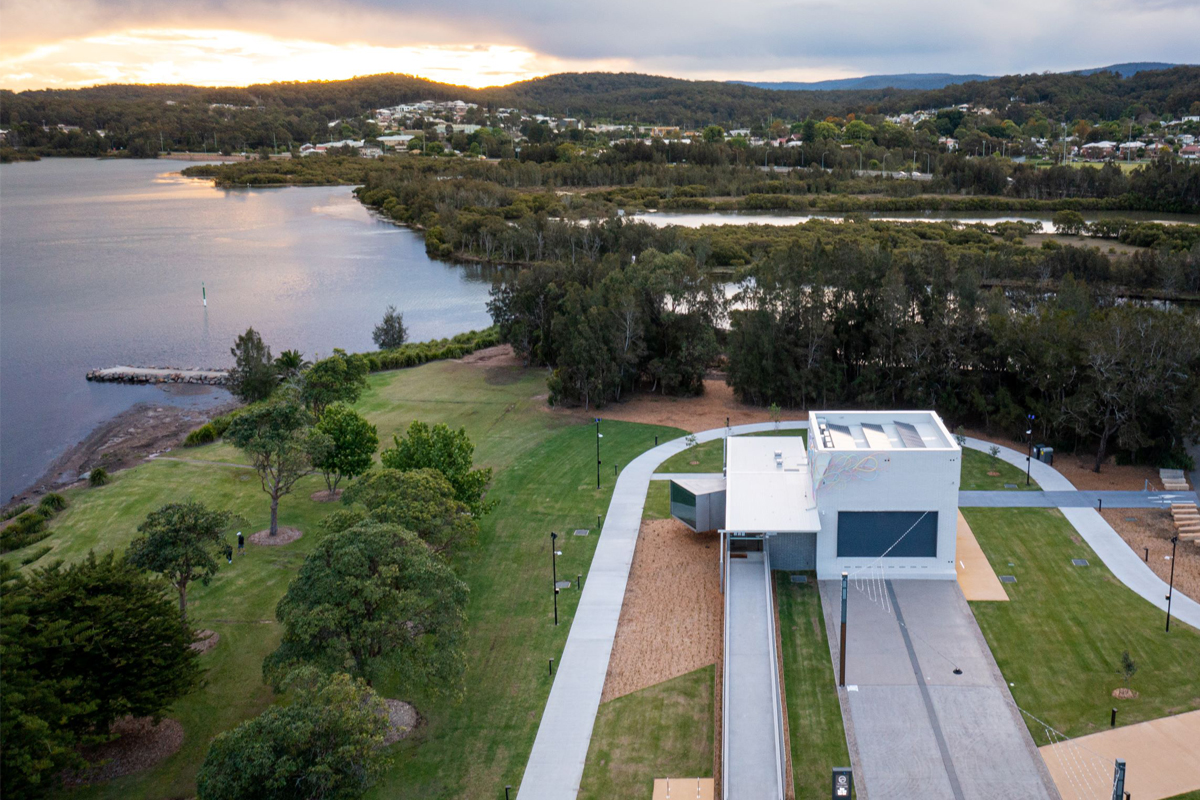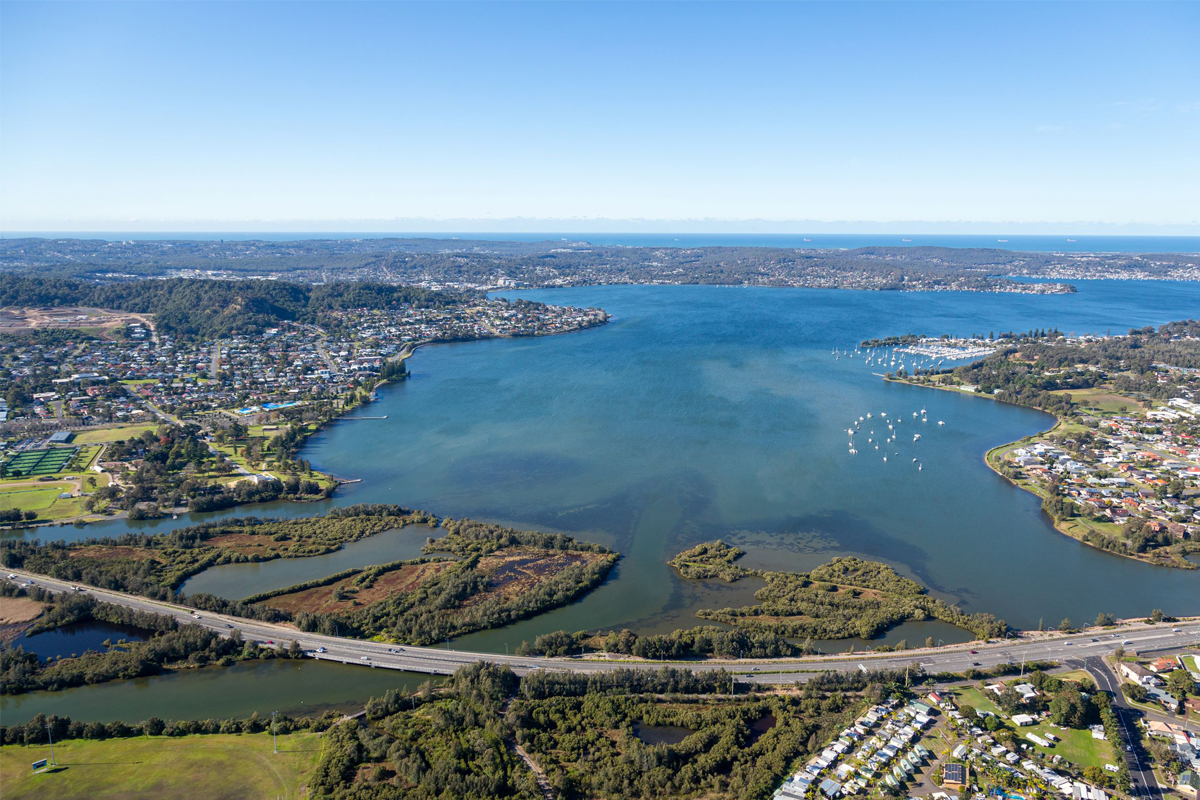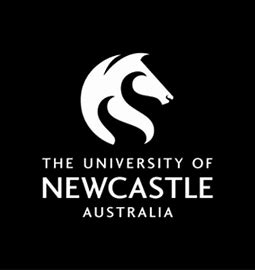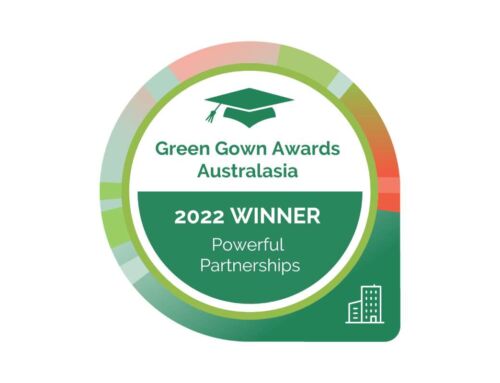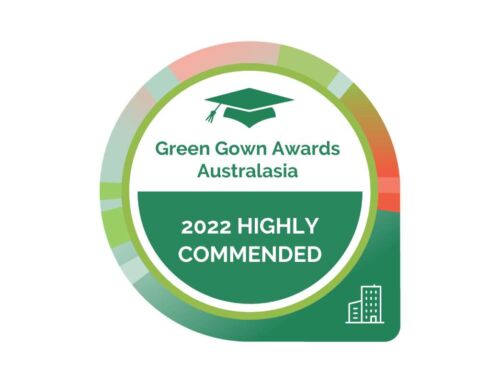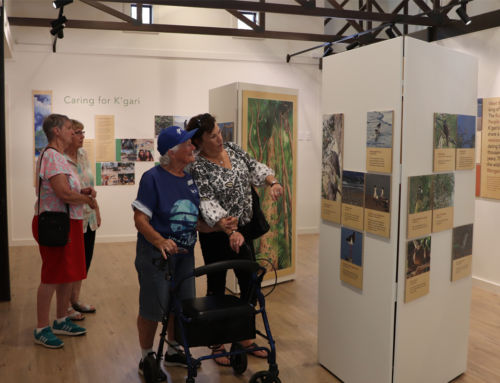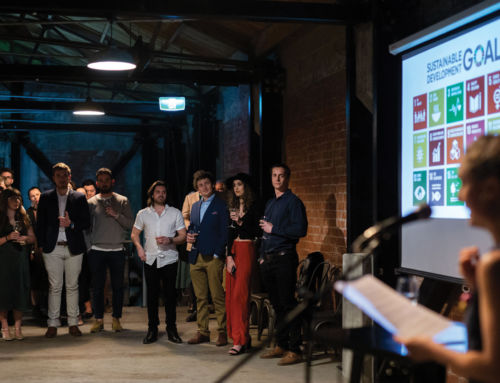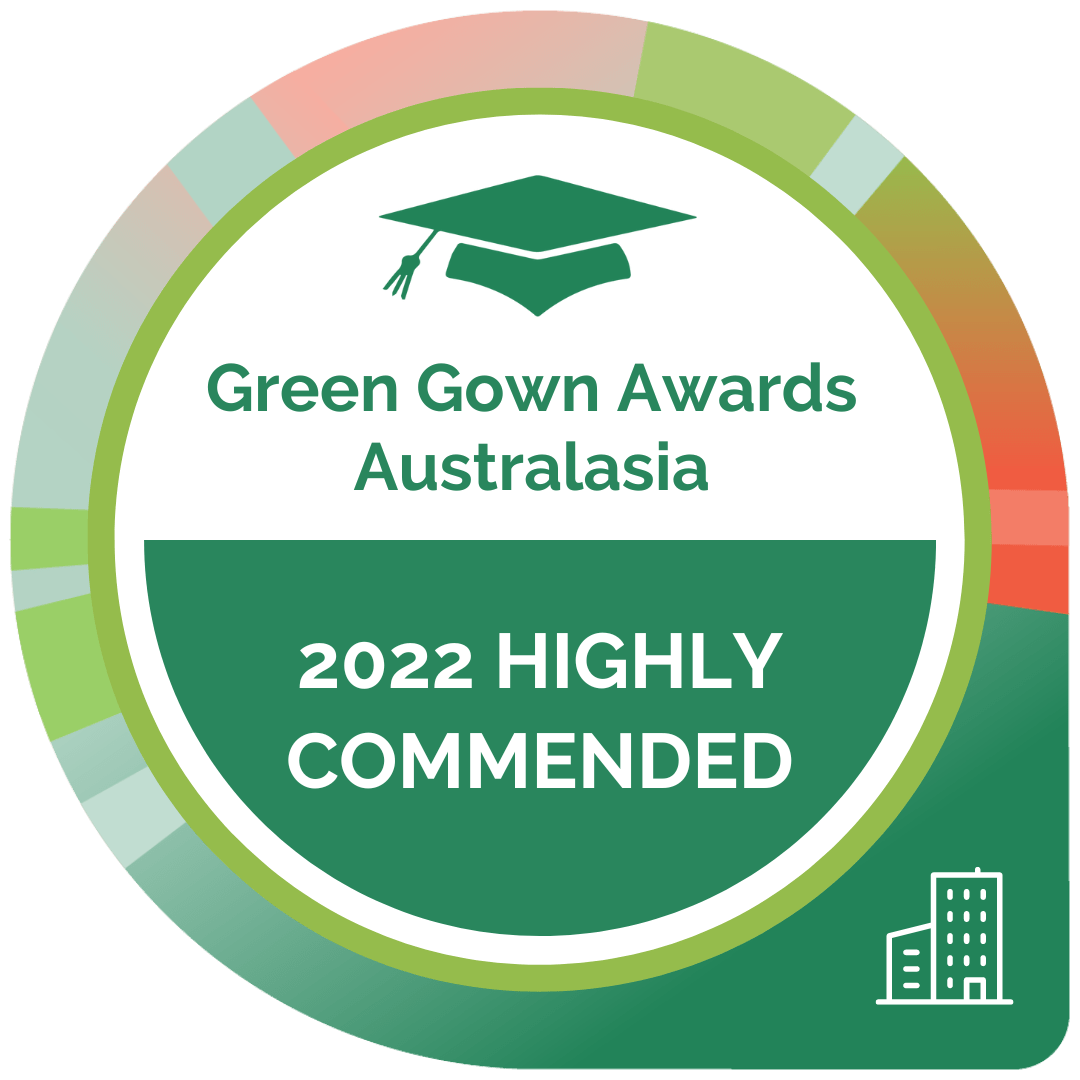
CELL: A first for the nation
Our communities, our region, our responsibility – this tenet underpins the University of Newcastle’s operations as an organisation ‘of and for its regions’. Strong collaboration with key local institutions is key to delivering on this commitment. Working through its Institute for Regional Futures, the University has partnered with Lake Macquarie City Council to address a range of social, economic and environmental challenges the area faces.
One major joint initiative is establishing Australia’s first Circular Economy Living Lab (CELL). The Hunter is facing significant social and economic change. This project recognises the opportunities that these changes represent by leveraging the region’s existing skills to create thriving circular economy industries. The living lab approach to delivering a circular economy is unique in Australia. It is designed to establish a system where waste is eliminated, resources re-circulated and nature regenerated through a user-centred open innovation ecosystem co-designed and operating in real life settings.
> The initiative
The transition to a low carbon future is a challenge for Australia’s regions, in particular those that rely on a carbon-based economy. The University, Lake Macquarie City Council and Dantia – the City’s economic development organisation – have a shared commitment to building greater economic, social and environmental sustainability, and establishing the Hunter and Central Coast regions as leaders in the circular economy.
To yield the benefits of a circular economy, local governments need to consider operations, procurement, waste management, business attraction, asset management, planning and development approvals. Lake Macquarie City Council is the first Local Government Area in Australia with a standalone circular economy policy. Lake Macquarie City Council’s Circular Economy Policy aligns with the NSW Government’s Circular Economy Policy. Its framework includes a strategy and action plan to develop an integrated circular economy into Council’s operational practices over the next 10 years. More specifically, this entails applying and integrating circular economy guidelines into Council’s decisions, strategies, plans, processes and projects.
With a shared commitment to sustainability, the University and Council aim to deliver a Circular Economy Living Lab by the end of 2022. This initiative is an outcome of the joint Memorandum of Understanding between the two organisations. The strategic partnership allows the University and Council to explore opportunities and synergies for improving community service delivery through innovation and research, with the aim of delivering greater impact for the communities in Lake Macquarie. The CELL will offer strategic advice and resources to organisations in Lake Macquarie and the wider region to assist them to overcome barriers that will arise as the mining, manufacturing and agricultural sectors transition to decarbonisation.
> Environmental and social benefits
The circular economy is a transformation of the economic system away from a ‘take, make, waste’ approach towards a system where waste is eliminated, resources re-circulated and nature regenerated. These processes are widely associated with achieving significant social and environmental outcomes, such as tackling climate change and generating employment opportunities. The City Scan revealed that mining is among the highest generator of greenhouse gas emissions in the region. A circular economy would build on this industry’s current capabilities, for example, specialty manufacturers for the mining sector could diversify into machinery for sorting waste materials.
> Leadership and engagement
The circular economy is an emerging field that is being adopted by governments, industries and communities across the globe. This project is distinctive in that it is supporting this approach on a regional – and potentially national – scale but also adding an innovative angle through the Living Lab.
A commitment to sustainability is embedded in the values of both organisations. The University’s commitment to Partnerships for the Goals – for which it was ranked the number one university in the world in 2021 – propels its efforts to meet SDGs. For example, the University is a major sponsor of the Hunter region SDG Task Force, a group of organisations focused on collaborating to achieving the United Nations SDGs in the region. The role of the Task Force is to drive the accountability, education and collaboration of the United Nations SDGs and to accelerate delivery in our region. The partnership with Lake Macquarie City Council and Dantia aligns with this commitment to build capability to realise the SDGs goals. Establishing the Living Lab will contribute to Council’s agenda to address sustainability and environmental impacts of climate change by “driving local, sustainable and inclusive development” which is a key feature of Lake Macquarie City Council’s Environmental Sustainability Strategy and Action Plan 2020-2027.
> Significance to the sector
The partnership between the University, Lake Macquarie City Council and Dantia represents an original approach to working with local government. It acknowledges the central role that the local government sector plays in building thriving communities. Central to the mission of the Institute for Regional Futures, which oversees the partnership on behalf of the University, is forging longstanding relationships with local government partners and supporting them to make informed decisions which will shape their communities. The Institute’s Director Professor Roberta Ryan is also the University of Newcastle’s inaugural Professor of Local Government, a role which leverages her deep knowledge and expertise of working with communities and stakeholders across the local government sector in NSW, nationally and internationally.
> Wider societal impact
This application has value because it represents a process that delivers significant, lasting environmental, economic and social change through long-term collaboration between universities and local governments. The CELL is a tangible outcome of this partnership which will provide large-scale innovation and diversification for the Hunter and Central Coast economies. The CELL is an opportunity for the region to address issues of sustainability and also boost economic development through the efficient design, use, reuse and recovery of industry materials. The aim is for the Hunter to establish itself as a national leader in the circular economy sphere and play a major role in accelerating progress towards reaching the NSW Government’s target of net zero carbon emissions by 2050. Based on models in other countries, circular economies result in a rise in employment and contributions to gross domestic product. The initiative’s environmental impacts are vast, and the CELL will drive momentum for new ways of working in the Hunter and Central Coast which will deliver dividends for the current and future community.
> Learner/Graduate employer impact
Work Integrated Learning is a key initiative of the University’s Strategic Plan 2020-2025. During their study, all undergraduates will undertake an experiential workplace learning opportunity to “promote skills development, build self-awareness, foster innovative thinking, assist in career planning and support student transition into the world of work.” The University’s Institute for Regional Futures takes on Work Integrated Learning students, as does Lake Macquarie City Council. For example, as part of Council’s Equal Employment Opportunity and Diversity Management Plan 2019-2022, they offer opportunities to University students enrolled in the Indigenous Scholarship Student Work Experience Program. This allows Lake Macquarie City Council to take on students with relevant tertiary skills while improving and increasing the level of diversity in Council’s workforce. Lake Macquarie City Council has a record of actively seeking out University graduates as they are work-ready and have gained a range of flexible and transferrable skills. This application is valuable to graduate employers as students who contribute to the partnership between the University and Lake Macquarie City Council through placement gain experience working with local government and building their skills in community engagement, social research, governance, strategic place planning and more. This is a unique skill set that will be increasingly mobilised as regions move to the forefront of the Australian landscape in the face of social, economic and environmental transformation.

